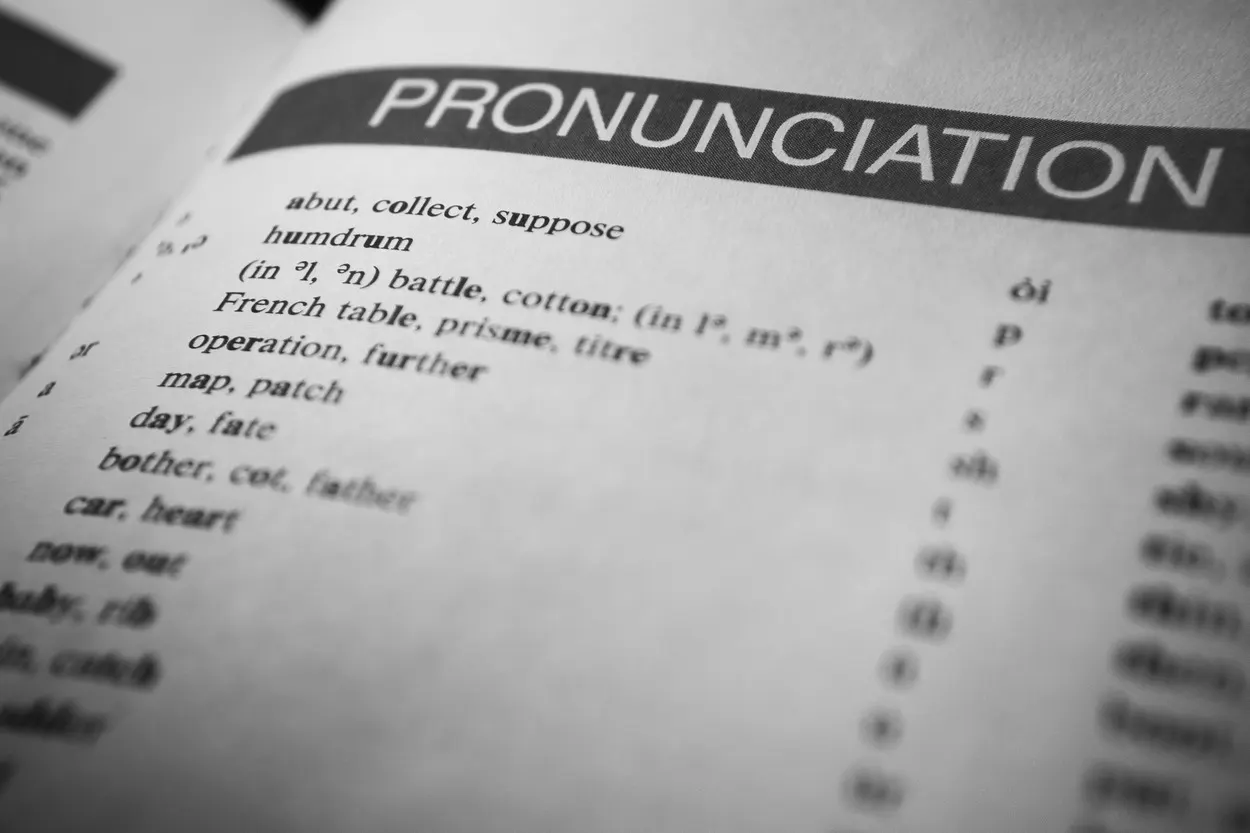Most people get confused when they want to talk about their accomplishments, whether they should use past tense or present perfect. “I completed” and “I’ve completed” are examples of these tenses.
“I completed” is used to talk about something that occurred in the past and is now done. In contrast, “I have completed” is used to talk about an event that has been finished recently but the exact time when it was done is not specified.
It’s worth noting that most non-native speakers make these mistakes in their English-speaking exams, like IELTS and TOEFL. Unfortunately, they don’t clear the exam and blame their luck.
If you want to communicate with anyone you have to learn how to speak to transfer your information.
Whether you’re talking about your achievements in an academic setting or a professional one, this post will provide the guidance you need to choose the correct tense and make sure you communicate effectively.
This blog post will explore the subtle yet significant differences between both phrases to help you understand when to use each correctly.
I Completed
This is one of the most commonly used verb forms in English. It’s usually used to talk about something that happened in the past, such as “I completed my degree two years ago.”
However, you’ll use present perfect if you want to refer to a completed action in the present or recent past. For example, you could say, “I have completed my essay,” if you just finished writing it.

“I had completed my project before the deadline” expresses a past action that was done before something else in the past happened.
In any case, it’s important to remember that “I completed” refers to an action that has been finished or achieved and cannot be changed.
The use of “I completed” is a great way to express a sense of accomplishment or completion in either the past, present, or recent past.
I Have Completed

This is a phrase that you can use to describe an action or task that has been completed recently. It can be used in the present perfect tense, meaning the action was finished recently. Though it does not refer to a specific moment in time.
When you are referring to anything which was in continuous form in the past, it will be past continuous tense. For example, “We will be completing all the work by Monday.”
For example, “I have completed my report,” could mean that I just finished writing the report today, but could also refer to a report I wrote a week ago. Similarly, “I have completed my university units” can refer to any units that were finished in the recent past.
Tenses are very important while you are speaking or writing it can easily change the whole meaning of the sentence, which is why it is important to use the correct tense to complete the sentence.
Other examples of using this phrase include: “I have completed my project,” which could mean that the project was just finished today or sometime in the last week, or “I have completed my online course from an international institution,” which could mean that I recently finished a course of instruction.
I Completed vs. I Have Completed
| I Completed | I Have Completed |
| Refers to a specific moment in the past, such as ‘I completed my BSc in 2008.’ | Refers to an unspecified period that happened recently, such as ‘I have completed my thesis.’ |
| Example: I completed my homework yesterday. | Example: I have completed my project. |
| Used to describe an event that happened and is now done or over with | Used to describe an event that has recently been finished, but the exact time when it was done is not specified |
| It cannot be changed in the present or the future | Can still be acted on and changed in the present or future if necessary |
“I am done” or “I have done”: Do They Have the Same Meaning?
The phrases “I am done” and “I have done” are essential for anyone who wants to ensure they are achieving their goals and completing tasks.

The difference between these two phrases may seem minor, but it’s crucial to understand the subtleties of each to speak native-level English.
To illustrate, consider someone tasked with writing a blog post. If they have completed the task and feel they are “done”, it means that they have completed the work but may not necessarily be sure if the end result is satisfactory or meets expectations.
On the other hand, if they can confidently say that they “have done” the task, they are sure the work is of good quality and meets expectations.
“I did it” or “I have done” – Which One Should You Use?

To differentiate “I did it” and “I have done,” it’s best to look at how they’re used in different contexts.
The verb “did” in “I did it” simply refers to the past indefinite tense. If you ever get confused between “did” and “have, let me explain both.
“Have you taken your operation class this morning?” If you ask someone, it simply implies that it’s still morning. But if morning has passed, you can say, “Did you take the dog out this morning?”
Another notable thing is using the main verbs “did” and “have.”
The main verb that follows “did” is the base form, while have is followed by the third form or a past participle.
What is the Difference Between “I was going” and “I had been going”?
The difference between “I was going” and “I had been going” is that the former is in the past continuous tense while the latter is in the past perfect tense.
The phrase “I was going” implies an action that started in the past but continues till another event happens, such as “I was going to school when I saw him.”
On the other hand, “I had been going” implies that an action has already taken place in the past, such as “I had been going to school for five years when I decided to switch schools.“
Using simple past tense is straightforward and requires no auxiliary verbs. It gives a sense of immediacy and conveys a story happening in the present moment. For example, “I was returning from my yoga class when I witnessed an accident.”
The simple past tense is used here because it’s just a single action that happened at one time.
The past perfect tense, on the other hand, requires an auxiliary verb – ‘had’. It expresses actions that have already been completed before something else happened.
For example, “I had been waiting at the cafe for five minutes when I received her call that she was not coming.” The past perfect tense is used here because it conveys a story that takes place over an extended time.
Watch this video to learn the difference between present perfect tense and past simple.
Conclusion
- The past tense, “I completed, ” describes an action or task that has already been finished and cannot be changed.
- The present perfect tense, “I have completed, ” refers to a recently finished activity that does not reference a specific moment.
- Most people use the phrases interchangeably, which makes them appear as non-native.

